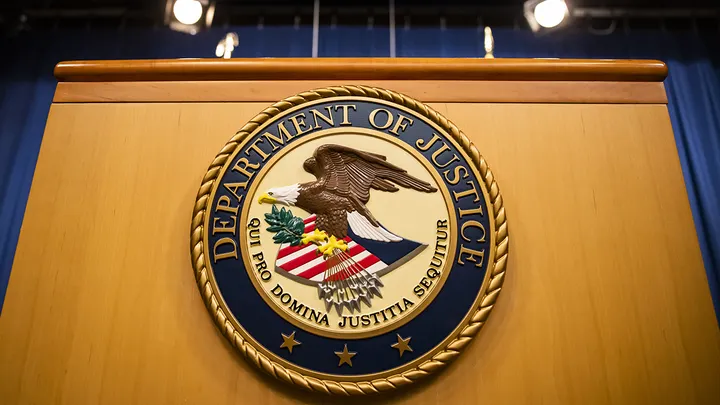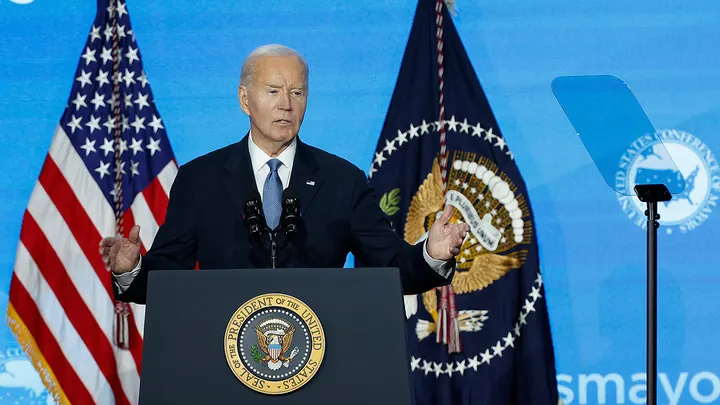Biden’s ERA Declaration: Equal Rights Amendment (ERA) Faces Strong Legal Pushback
Legal experts have harshly criticized President Joe Biden’s recent assertion that the Equal Rights Amendment (ERA) ought to be regarded as the 28th Amendment to the constitution, calling the action “cynical and irrelevant.”
Equal Rights Amendment (ERA) Constitutional Controversy Emerges
The ERA should be recognized as constitutional law, Biden said in a statement on Friday, adding,
“It is long past time to recognize the will of the American people.”
Given that three fourths of the states had adopted the amendment, he emphasized his opinion that it ought to be regarded as “the law of the land”
However, legal scholars have identified several critical issues with this position:
- The amendment’s original 1979 ratification deadline, later extended to 1982, had long expired before reaching the required state count
- The president lacks constitutional authority in the amendment process
- Current legal precedents prevent the national archivist from certifying the amendment
Expert Analysis Questions Biden’s Equal Rights Amendment (ERA) Timing
The timing of Biden’s announcement was criticized by former Assistant US Attorney Andrew McCarthy, who claimed it was more a reflection of political expediency than constitutional conviction.
“If he believed what he is saying, he would’ve said it when his administration started, not when he is on his way out the door,”
added McCarthy.
The Complicated History of the Equal Rights Amendment (ERA)
The approval of the Equal Rights Amendment, which forbids discrimination on the basis of gender, has been a challenging process:
- addressed to states in 1972 with a deadline of 1979.
- Although the deadline was extended to 1982, the necessary requirements were not met.
- Decades after the deadline, Virginia became the 38th state to ratify in 2020.
Preservation of the Archivist’s View on the Equal Rights Amendment (ERA)

Citing a 2020 Department of Justice Office of Legal Counsel ruling that upheld the initial ratification deadline, the National Archives have continued to oppose certifying the amendment. In December, the archivist stressed that the legitimacy of the deadline had been validated by District and Circuit court rulings.
Biden said he had “contacted every constitutional scholar in the world” to make sure his choice was the right one when asked about his timing. Critics point out that he made what amounts to a symbolic pronouncement rather than issuing an executive order on ratification.
Legal experts conclude that the only viable path forward for the ERA would be to restart the entire ratification process, as the current attempt has expired under established legal frameworks. Despite Biden’s declaration, without action from congress or the courts to address the deadline issue, the amendment’s status remain unchanged.
This development highlights the ongoing tension between political aspirations and constitutional procedures in American governance, with experts emphasizing that presidential declarations alone cannot override established legal processes for constitutional amendments.

